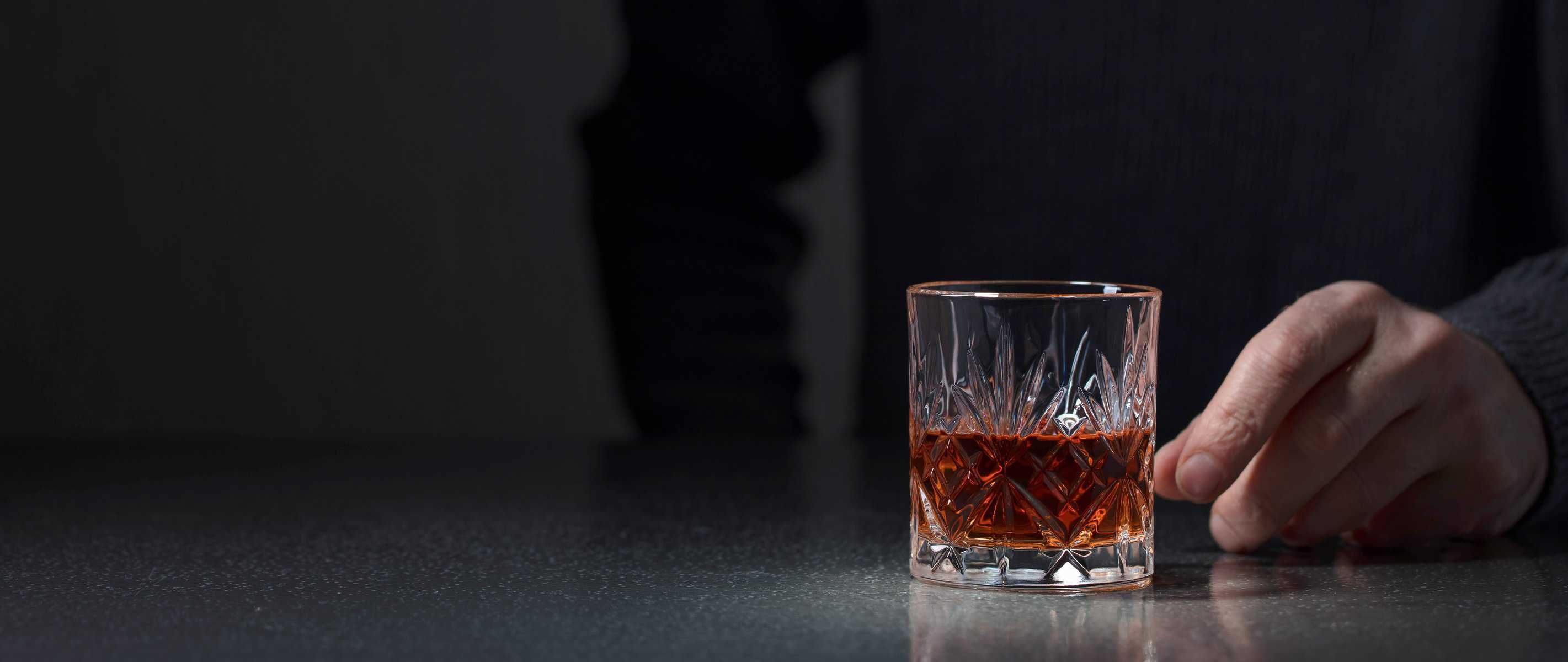What Are the Ramifications of Alcoholism?
In 2020, over 850 deaths were caused by alcohol in New Jersey. In the United States overall, over 95,000 people die annually from alcohol-related causes. Additionally, alcohol use disorder (AUD) affects more than 14.5 million people in the United States, according to data from 2019. Despite these statistics, the risks involved in imbibing alcohol are not always considered, especially since alcohol is the most abused substance in the United States.
Alcohol is a drug. Period. While it is legal and the most commonly used, it is still incredibly dangerous and addictive. Individuals who abuse alcohol are also at risk of abusing other substances. Not only does it impair one’s daily living, but the use of alcohol also puts one at heightened risk of being a victim of crime.
The abuse and misuse of alcohol have tragic consequences. Not only does drinking result in more accidents and crimes, but it also results in sexual assaults and overdoses as people mix medications or other substances with alcohol, sometimes not recognizing the risk.
There Is More Than One Type of Drinking
Many people think drinking is just something you do occasionally or do at parties. However, any form of drinking can be dangerous if an individual is not taking proper measures to ensure the safety of themselves and those around them.
According to data, over 56% of persons in New Jersey drink alcohol regularly. In addition, approximately 15% of persons in the state report binge drinking. Each of these drinking patterns can lead to alcoholism and other risky behaviors. Again, any form of drinking can be considered unsafe if you are unaware of the risks.
Binge Drinking
Binge drinking is drinking more than five drinks for a male (four drinks for a female) on one occasion. Binge drinking is often correlated with drunk driving and crime. Many accidents that are treated at trauma centers can be associated with alcohol misuse.
Binge drinking also puts a person at risk for developing AUD because they are also probably drinking regularly outside of episodes of binge drinking. These episodes of regular drinking combined with binge drinking have increased the person’s tolerance and made them feel as if the alcohol does not affect them as much. Therefore, they are more likely to develop AUD and struggle to overcome the effects of alcoholism on their lives.
High-Intensity Drinking
A new form of drinking is found among younger persons called high-intensity drinking. This type of drinking involves drinking 2-3 times the amount specified in binge drinking, so individuals are drinking 10-15 alcoholic beverages in a row. This pattern of drinking also puts one at increased risk for the development of AUD.
What Is Alcohol Use Disorder?
AUD is a disorder in which a person is unable to quit or even cut down on their use despite the consequences.
Risks of Alcohol Use Disorder
There are many risks involved in AUD. Some involve blackouts, an impaired liver, and an increased risk of heart disease. Your body was not meant to be exposed to alcohol in such high amounts for so long. It is possible for some healing to take place, but not all damage can be reversed. AUD can be a fatal disease and is linked to many other health problems. For some, any amount of alcohol use can be dangerous. It is critical to know that alcohol is a drug and carries with its use multiple risks.
Symptoms of Alcohol Use Disorder
There are many symptoms of AUD, and it is generally diagnosed when you are experiencing just a few symptoms, as the likelihood of developing or not being aware of other symptoms is possible. You may notice that you are drinking more and more often than you want to or that you are experiencing blackouts. You may want to cut down on your drinking but find yourself unable to. Do not feel alone; help is available for AUD.
At Enlightened Solutions, our programs are made to meet you where you are and help you find a way to balance your life through sustainable solutions and holistic care. We want to help you find healthy ways to manage your stressors and build that life you desire. Yes, overcoming AUD is difficult, but we can help.
Treatment Is Necessary
Alcoholism or AUD is a costly and dangerous disease with far-reaching consequences for your health and daily living. It is critical to recognize when you have a problem with alcohol. While alcohol is legal for those over 21, it still can be misused and abused. You can become addicted to alcohol, but treatment is available.
Alcohol use disorder (AUD) or alcoholism is a dangerous disease that has many unintended consequences and not only for yourself. Alcohol is one of the most abused substances in the U.S. and has far-reaching consequences in many situations. If you or someone you know struggles with addiction to alcohol and/or other substances or behaviors, you are not alone. You do not have to struggle on your own any longer. At Enlightened Solutions, we know your addiction does not define you, and we want to see you become the person you are meant to be. You do not have to hide from your problems any longer. Reach out to us at Enlightened Solutions and ask how we can help you overcome alcohol use disorder and achieve the life you want. You deserve to live free from addiction. Call us today at (833) 801-LIVE.



